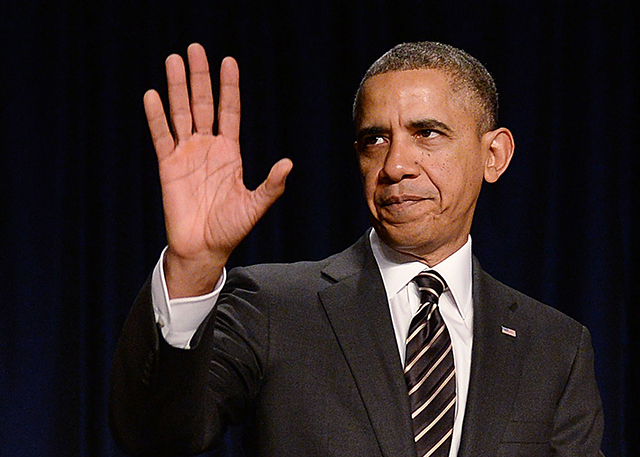In a widely publicized interview with President Obama, Bill O’Reilly led his questions with the topic of the nation’s rate of births outside marriage, which have reached an average of 40 percent and have soared to 70 percent among African Americans.
Asked why he and the first lady have not led a national campaign to address that issue, the President countered that he has continually talked about solutions—citing such strategies as urging “men to take responsibility for their children,” “pay child support,” and “spend time with their children” and encouraging young people to “delay gratification.”
In this litany of responses to the crisis, the “M” word was notably absent: The President failed to make the connection between the plummeting rates of marriage, which have reached an all-time low, and the surge in out-of-wedlock births.
Being born into a home without the love, support, and guidance of both a father and mother has real-world impact on a child’s prospects for the future.
Marriage drops the childhood poverty rate by 82 percent. Without the benefits of an intact family, children tend to fare worse on a wide range of economic measures as well as a host of other factors related to their well-being. In their teens, they are more likely to engage in high-risk behaviors such as becoming sexually active, engaging in substance abuse, and exhibiting anti-social behavior. They tend to fare worse on emotional and psychological outcomes and have lower levels of academic achievement and educational attainment. Moreover, their chances of one day marrying and starting their own families on a stable foundation are dim, and the cycle of disadvantage continues in the next generation.
Although these disadvantages include a financial element, the benefit of an intact family goes beyond income. Research has shown that fathers and mothers bring distinct resources to their children’s lives. No amount of government assistance and benefits can ever fill the gap that a father’s absence leaves in a child’s life.
As our nation celebrates National Marriage Week, the shocking rates of births outside marriage should be addressed. And key to reducing those rates and increasing the likelihood that each child comes into this world with optimum opportunities and prospects for the future is to promote marriage and intact, healthy families through initiatives in both cultural and policy arenas.


























